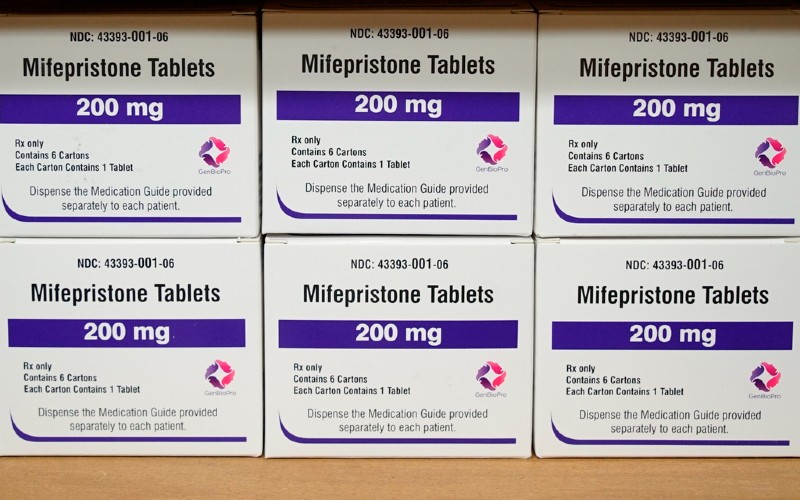Kristi Hamrick of Students for Life of America says every day, women are using the pills to poison their babies to death. And every day, they are flushing the chemically tainted human remains of their children into the water system. So, the Biden administration is being asked to answer some legitimate questions about the possible risk to the nation's water supply.
"We write with regard to the chemical abortion drug mifepristone and its potential … effect on water systems in the United States," the lawmakers' letter addressed to Environmental Protection Agency (EPA) Administrator Michael Regan states.

"Members of Congress are really finally paying attention," Hamrick celebrates. "We are so excited by Senator Marco Rubio's (R-Florida) letter in which he gathered people from the House and the Senate calling on the EPA to start to evaluate and track the dangers and the abortion pollution that the Democrats are permitting."
The pro-lifer points out that nearly 70% of the nation's 1 million+ annual abortions are done with chemicals, and usually at home.
"The height of hypocrisy on the Democratic Party caucus right now, and by President Biden and Vice President Harris in particular, is to pretend like they're environmental warriors when they have given a free pass to abortion pollution to chemical abortion pill producers and sales people," Hamrick submits. "There's not another business in the country that could flush human remains into our waterways and get away with it, and that is what is happening."
As the letter acknowledges, when the abortion drugs were approved in 2000, that decision relied on old information. So now, 24 years later, Students for Life agrees that a new environmental impact study needs to be done.
The EPA has until July 15 to respond.







